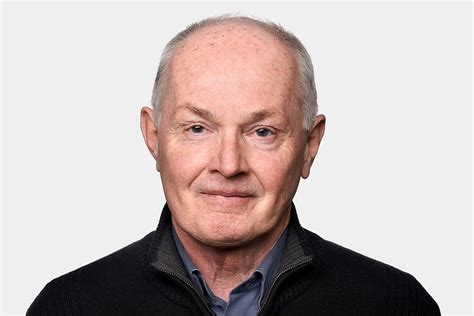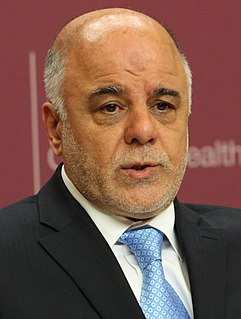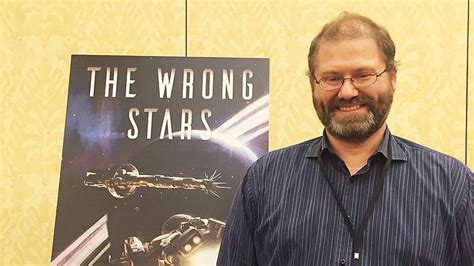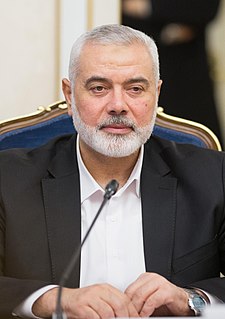A Quote by Manu Chao
What 'Clandestino' is talking about is problems of borders, and more and more hermetic borders all around the world.
Quote Topics
Related Quotes
The world I grew up in had both a literal and mythological quality. We were on the borders of several worlds - the larger black world bordered us on one side. More distantly, there was the larger white world. We interacted with some, but not others. If you think of it as an internal geography, it is a land, a contested space with these very charged historical, cultural, and emotional borders.
The Canadian Identity, it seems, is truly elusive only at home. Beyond the borders Canadians know exactly who they are, within they see themselves as part of a family, a street, a neighbourhood, a community, a province , a region, and on special occasions like Canada Day and Grey Cup weekend and, of course, during the Winter Olympics, a country called Canada. Beyond the borders, they pine; within the borders, they more often whine
To be sure, many of the Sykes-Picot borders reflected deals cut in Europe rather than local demographic or historical realities. But that hardly makes the Middle East unique: Most borders around the world owe their legacy less to thoughtful design or popular choice than to some mixture of violence, ambition, geography, and chance.
The world's geography is not realistic. Geography is not real. Borders are only closed to people but they are open to products. There is another type of geography outside of this matrix. Because of this we noticed we were talking about much more than just Latin America. That was very important to put the film on another level. Based on this idea, we knew that we were not in this world any longer.
Developing countries can make great strides towards more progressive and effective taxation and spending through action within their own borders. But the damage caused by exemptions, loopholes, and tax havens requires action beyond national borders - it requires international action and cooperation.




































